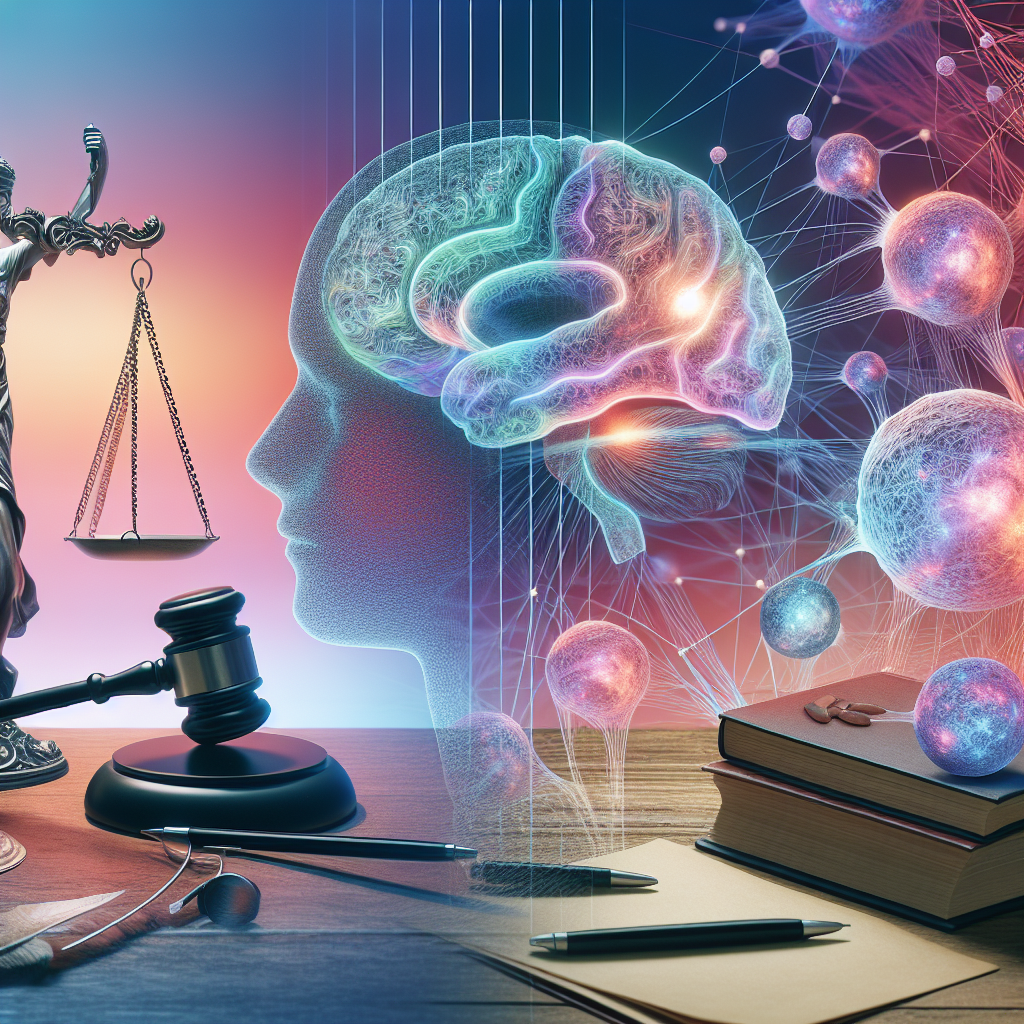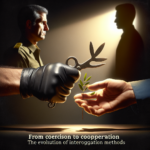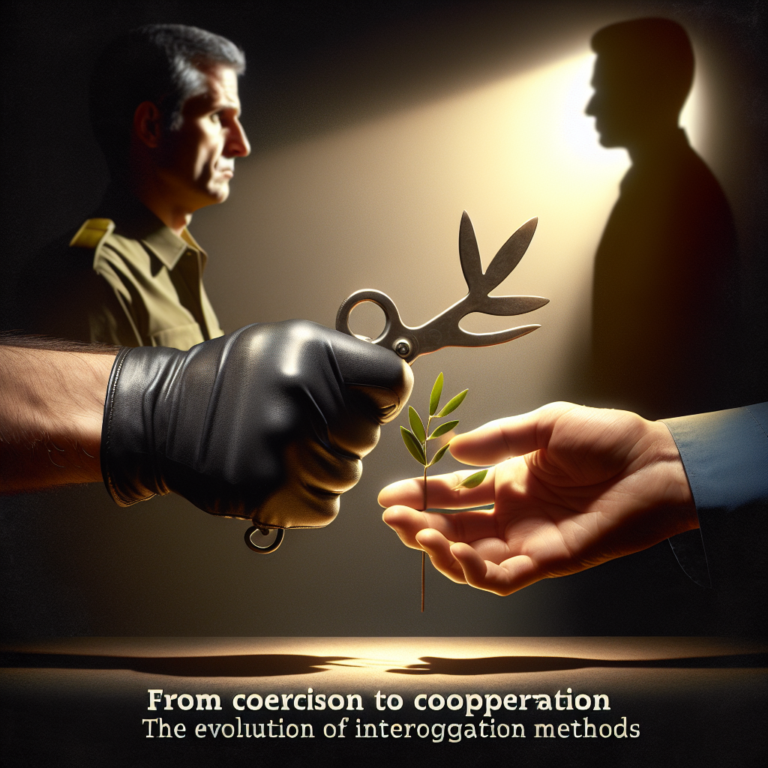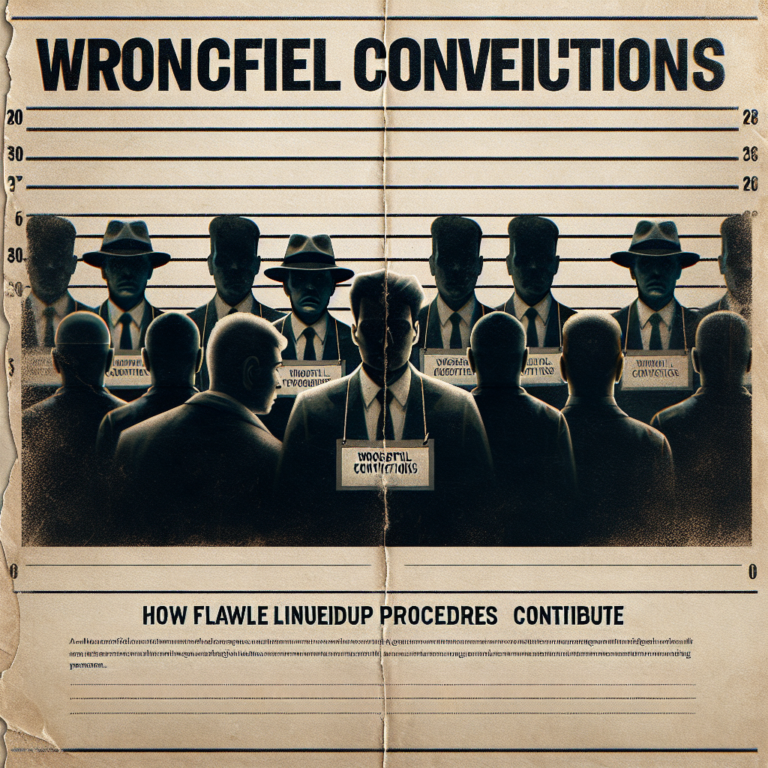
Introduction
In the realm of law, the focus typically lingers on tangible evidence, witness testimonies, and the mechanics of legal proceedings. However, there exists an often-overlooked element that can significantly influence the outcomes of trials and legal disputes: post-traumatic stress disorder (PTSD). As a psychological condition that can dramatically affect a person’s mental state and behavior, PTSD emerges as a pivotal factor that extends far beyond the courtroom. In this article, "Beyond the Courtroom: Understanding PTSD as a Key Factor in Legal Proceedings," we will explore the complexities of PTSD and how it interweaves with legal matters, examining its implications not just for legal outcomes, but for the lives of those involved.
The Psychology of PTSD and Its Legal Implications
What is PTSD?
Post-traumatic stress disorder is a mental health condition triggered by experiencing or witnessing a traumatic event. Symptoms can range from flashbacks and nightmares to severe anxiety and uncontrollable thoughts about the event. Understanding PTSD is essential for legal professionals, as its effects can impact witness credibility, defendant behavior, and jury perception.
The Legal Definition of PTSD
Legally, PTSD can be classified as a disability. This recognition opens doors for those affected to seek accommodations and protections under the law. Understanding the relationship between PTSD and legal definitions is critical, especially in cases involving victim rights and workplace injuries.
The Spectrum of PTSD in Legal Contexts
PTSD manifests differently in individuals. Some may exhibit overt signs, while others might be less visibly affected. Legal practitioners must be aware of these nuances, as they can influence the evidence presented in cases ranging from personal injury suits to criminal defense.
Case Study: The Impact of PTSD on Criminal Defense
Consider the case of John Doe, a veteran who faced assault charges after a traumatic combat experience. His legal team presented evidence of his PTSD, arguing that it influenced his reaction during the incident. The court considered his psychological state, ultimately resulting in reduced charges. This case underscores the importance of understanding PTSD in legal contexts, facilitating a more equitable judicial process.
The Impact of PTSD on Witness Testimonies
Reliability of Testimonies
Witnesses suffering from PTSD may struggle to provide reliable accounts due to their psychological state. They might experience memory gaps or distortions, raising questions about their testimonies’ validity.
Case Study: Trauma and Testimony in a Civil Case
In a civil case involving a car accident, a witness with a documented history of PTSD struggled to recall crucial details of the incident. Their fragmented memory impacted the case’s outcome, highlighting the need for legal teams to understand PTSD’s effects on memory and perception.
Best Practices for Legal Professionals
Legal professionals should consider the psychological state of witnesses and be trained to recognize signs of PTSD. Employing trauma-informed approaches when interviewing witnesses can yield more reliable testimonies and foster a supportive environment.
Jury Perception and PTSD
Bias and Misunderstanding
Juries may possess biases and misconceptions about PTSD, viewing it as a weakness rather than a legitimate condition. This can lead to unfair judgments against defendants or witnesses with PTSD.
Case Study: Juror Bias in a High-Profile Case
A high-profile sexual assault case involved a victim who had PTSD. During deliberations, jurors expressed doubts about her credibility, believing her emotional state indicated dishonesty. Such biases can undermine justice, necessitating education on PTSD for jurors.
Strategies for Mitigating Bias
Legal teams can employ various strategies to address potential biases, such as pre-trial education for juries and expert testimony on PTSD’s impacts. These efforts promote a deeper understanding and empathy towards affected individuals.
PTSD as a Mitigating Factor in Sentencing
Understanding Mitigating Circumstances
When evaluating sentences, courts often consider mitigating factors that might lessen a defendant’s culpability. PTSD can serve as a compelling mitigating factor, especially in cases involving violent crimes stemming from trauma.
Case Study: Sentencing with PTSD Consideration
In a domestic violence case, the defendant’s attorney argued that his actions were a direct result of untreated PTSD from previous trauma. The judge considered this in sentencing, illustrating how PTSD can shape the legal landscape and lead to a more compassionate, rehabilitative approach.
The Role of Mental Health Experts
Engaging mental health professionals in legal proceedings where PTSD is a factor can provide valuable insights. These experts can elucidate the impacts of trauma on behavior, assisting in more informed sentencing decisions.
The Broader Societal Implications of PTSD in Legal Settings
The Need for Policy Changes
The intersection of PTSD and legal proceedings calls for systemic changes to protect individuals affected by trauma. Advocacy for trauma-informed legal practices can shift societal norms surrounding mental health and justice.
Raising Awareness Through Education
Increasing awareness about PTSD among legal professionals and jurors is crucial. Training programs and workshops can help cultivate a more informed legal culture, reducing stigmas and biases.
Community Support and Resources
Communities can play a pivotal role in supporting individuals with PTSD involved in legal processes. Creating accessible resources—like counseling services and support groups—fosters recovery and empowerment.
Conclusion
"Beyond the Courtroom: Understanding PTSD as a Key Factor in Legal Proceedings" serves as a crucial reminder of the intricate relationship between mental health and justice. As we navigate the complexities of legal systems, it is imperative to recognize the impactful role PTSD plays not only within the courts but also in the lives of individuals. By advocating for awareness, education, and support, we can work towards a legal landscape that acknowledges and accommodates the needs of those affected by trauma.
FAQs
1. How does PTSD affect court proceedings?
PTSD can impact witness credibility, influence juror perceptions, and serve as a mitigating factor in sentencing, highlighting the need for legal professionals to understand its implications.
2. Can PTSD be considered in sentencing?
Yes, PTSD can be a mitigating factor in sentencing, particularly in cases where a defendant’s actions stemmed from their psychological condition.
3. What are the signs of PTSD to look for in witnesses?
Signs may include anxiety, memory issues, emotional instability, and avoidance behaviors. It’s crucial to approach witnesses compassionately.
4. How can legal professionals support individuals with PTSD?
Training in trauma-informed practices, patience during testimony collection, and facilitating connections to mental health resources are effective support strategies.
5. What are the implications of juror bias regarding PTSD?
Juror bias can lead to misinterpretations of a person’s credibility, potentially affecting trial outcomes. Educating jurors about PTSD is essential to mitigate these biases.
By embracing a comprehensive understanding of PTSD, we can foster a fairer legal system that acknowledges the profound psychological impacts of trauma. As we move "Beyond the Courtroom," let’s prioritize compassion and understanding for every individual navigating the complexities of the legal system.

















